
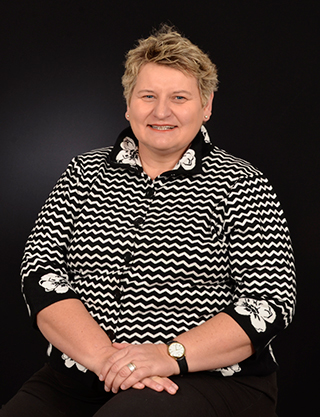
Prof Jo-Ansie van Wyk |
What sets researchers apart?A good dose of healthy curiosity.What motivates you?First, I am deeply grateful for having reached this milestone. Working towards an academic goal is to express my gratitude. Second, that good dose of curiosity that I referred to. Third, I enjoy what I do. Unisa has been so good to me, and doing my best is also a way to express my gratitude. My siblings are the first generation in my family to have attended a residential university. Both my parents are Unisa alumni. I guess this make me a "Unisa Legacy Kid". Unisa has given my parents who could not attend a residential university when they were young an opportunity to attend a university in their late 30s and early 40s.And disheartens you?Ungratefulness, a lack of motivation and initiative, and negativity. What does a dream weekend involve?Gardening, the West Coast, Namaqualand or the Bushveld, a campfire, reading, music, and some red wine. What is your biggest challenge at work now?Time. Time. Time. Not enough of it! What advice can you give for people who aspire to be where you are?Allow me to summarise this as ABCDEF:
|
The inaugural lecture of Prof Jo-Ansie van Wyk, Department of Political Sciences, took place on 24 May 2017, entitled The age of anger: Angry states and emotions in contemporary international relations.
As she began her inaugural address, she described the event as a ritual, one that is meant to remind her that her academic shelf life is limited and only as good as her commitment to this self-proclaimed academic credo.
Van Wyk based her thesis on the assertion that emotions affect contemporary international relations. More specifically, she suggested that anger is one of the prevailing and compelling emotions in contemporary international relations.
She said that anger is not only evident at an individual or personal level, and between individuals or groups, but that states are angry too, adding that in fact, some states demonstrate emotions that characterise them as angry states, a development that she said scholars and diplomats alike "neglect at their own peril".
She also said that states deliberately construct their anger, and their response to anger and provocations. She added that anger is no longer just an emotion but also an important deliberate and pre-mediated instrument in states’ international relations.
Van Wyk structured her lecture in four parts. In the first part, she defined and explored emotions; in the second part, she explained anger as an emotion sui generis, and focused on its definition, manifestation and political utility. In the third part of her lecture, she focused on angry states in international relations, and concluded in the fourth part with some observations on the age of anger.
She said the behaviour of states remained a central focus area for international relations scholars. Van Wyk believes that "good" behaviour by "good" states often accounts for a peaceful and stable international system, whereas the "bad" behaviour of "bad" states accounts for instability and conflict. She is of the view that "good" states comply with international settled norms, and "bad" states do not. And she pointed out that "both types of states draw scholarly attention, and accrue some material or immaterial benefits from their behaviour".
Towards the conclusion, she proposed a set of attributes for "angry states", the first one being recognition of emotions, meaning that angry states understand emotions and are skilful in constructing and displaying anger. A second attribute is having a unique state identity and status, says Van Wyk, as a state’s identity and interests rest on two pillars: its political purpose and its international status. The third attribute is the (socio-political) utility of anger. The fourth attribute is that angry states often have angry leaders, and vice versa. The fifth is rage-craft, or the diplomacy of anger. And the sixth is the institutionalisation of anger, because she thinks the institutionalisation of emotions is perhaps the key thread that ties the agential aspects of emotions to the structures and processes of world politics. Moreover, she thinks that it is perhaps easiest to see the institutionalisation of emotion when new emotions have been dramatically evoked and policies pivot in response.
In conclusion, Van Wyk stated that the significance of anger for international relations is to reveal what is important to a state. That it is never about anger only, because anger has other characteristics. She stressed that we cannot ignore these emotions.
*Compiled by Katlego Pilane
Publish date: 2018-01-10 00:00:00.0
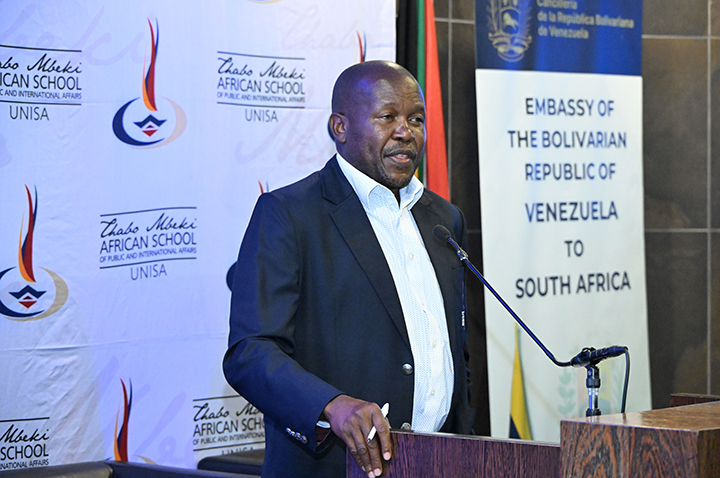 Unisa seminar examines breach of the international legal framework
Unisa seminar examines breach of the international legal framework
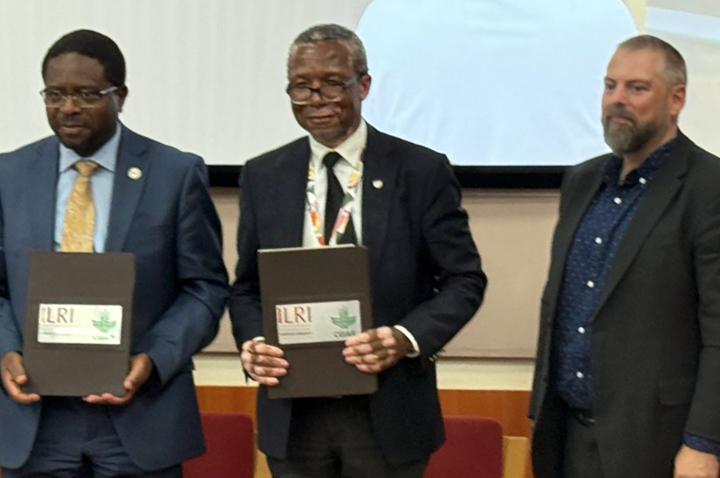 Unisa and ILRI sign landmark MoU to advance Africa's genomic leadership
Unisa and ILRI sign landmark MoU to advance Africa's genomic leadership
 AMT to strengthen global black hole imaging and advance African astrophysics
AMT to strengthen global black hole imaging and advance African astrophysics
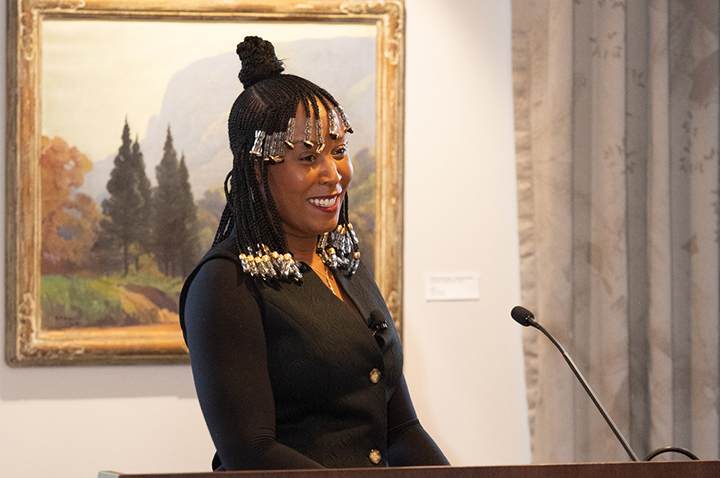 Unisan awarded Presidential Fellowship at American university
Unisan awarded Presidential Fellowship at American university
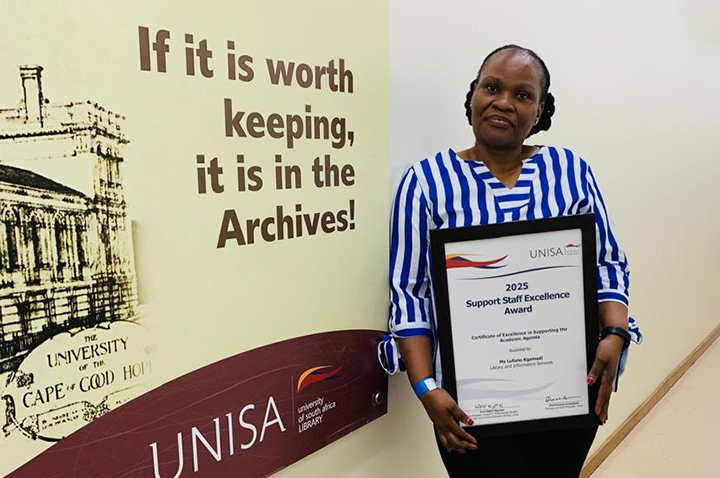 Scholar-practitioner excellence recognised at Unisa
Scholar-practitioner excellence recognised at Unisa